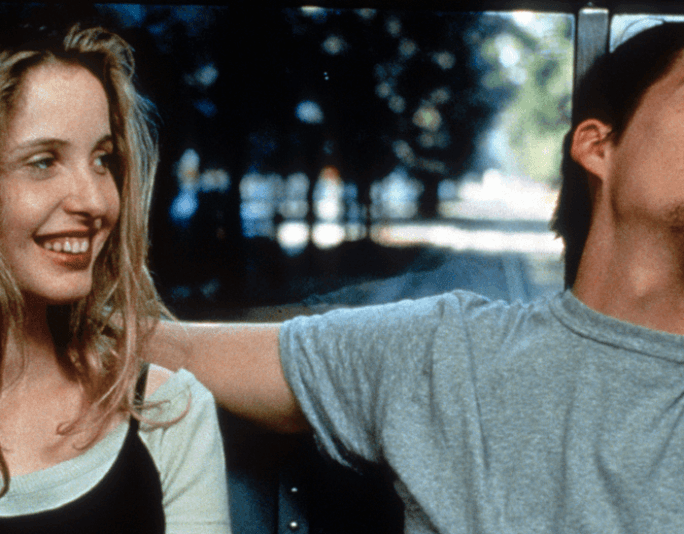"How fiction ruined love." The title alone of writer Alain de Botton's Financial Times piece makes my head spin. I immediately start thinking about my own love life. All the movies I've seen, all the relationships I've compared to those love stories. I thought of my first big love as being very similar to When Harry Met Sally. We were best friends for years, strictly platonic, until one night it changed. We both freaked out, but eventually we decided to go all in. It ended horribly.
At the center of Alain's piece is the idea that love doesn't influence art. In fact, art influences love. "Crucially, over the centuries, the most important factor to have shaped how we love is art," he writes. "It is through novels, poems, songs and, latterly, films that we have acquired our ideas about what aspects of our feelings we should value and where our emotional emphases should fall." And according to Alain, this is unfortunate. He thinks that the way culture represents love is "misleading at the psychological level." That makes sense to me. I think back to that first love. For so many years we were strictly friends. I had no romantic feelings, but the art around me made me think, "Oh, this is my best friend. We're probably in love." That's not to say I regret the relationship. Yes it ended badly, but I learned a lot and I would not be the person I am today had I not gone through that. I simply agree with Alain when he says, "The primary impediment to having better relationships may be the quality of our art."
Alain says the love stories of today, while beautiful and full of passion, are "lacking crucial elements of wisdom, realism and maturity." We are conditioned to expect certain things from love that just aren't possible. "The narrative arts of the romantic tradition — everything from the poetry of Keats to films such as Before Sunrise (1995) and Lost in Translation (2003) — have unwittingly constructed a devilish template of expectations of what relationships are supposed to be like, in the light of which our own love lives often look grievously unsatisfying," he writes. "We may break up with our partners or feel romantically cursed because we have been systematically exposed to the wrong sorts of love stories."
I understand the doubt that comes from a relationship not fitting into the romance mold society puts in our heads. If my current relationship was a romantic comedy we'd have been married two years ago, but we're not. And that's okay (at least that's what I tell myself). But it would be nice to see a relationship like mine up on the screen. Like Alain says, "We merely need to tell ourselves more accurate stories about the progress of relationships, stories that normalize troubles and show us an intelligent, helpful path through them."
instant happy in your
mailbox every day.






